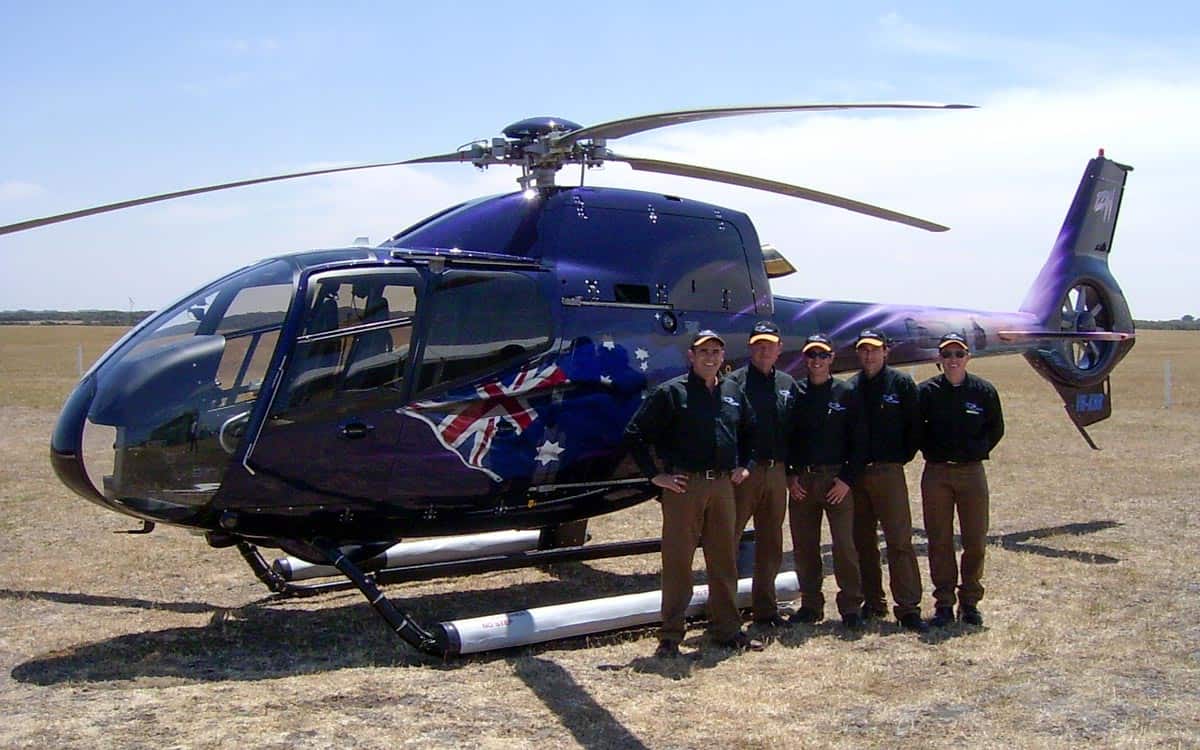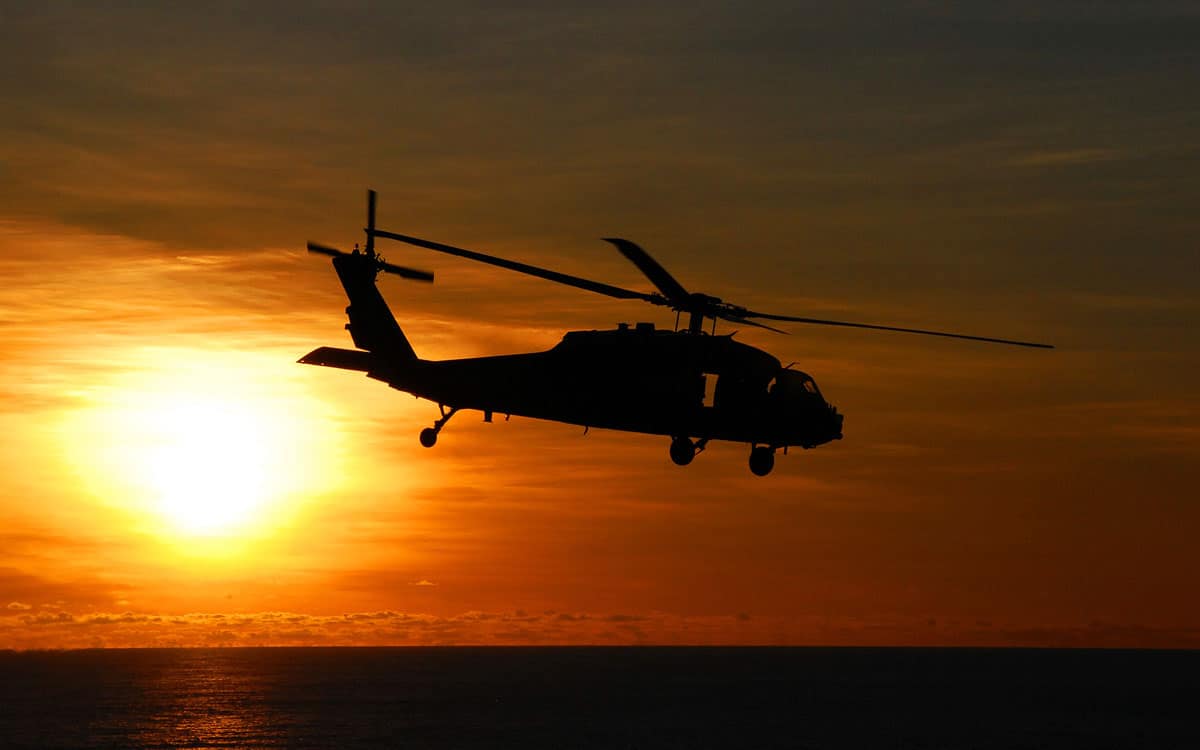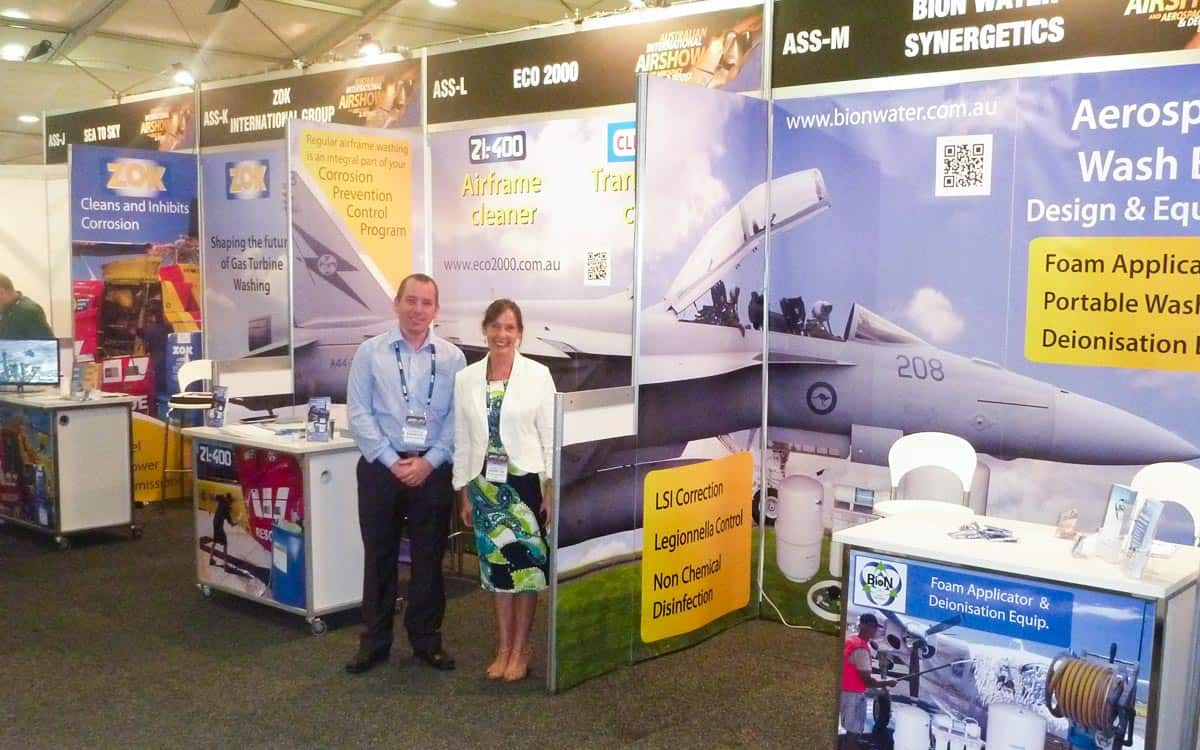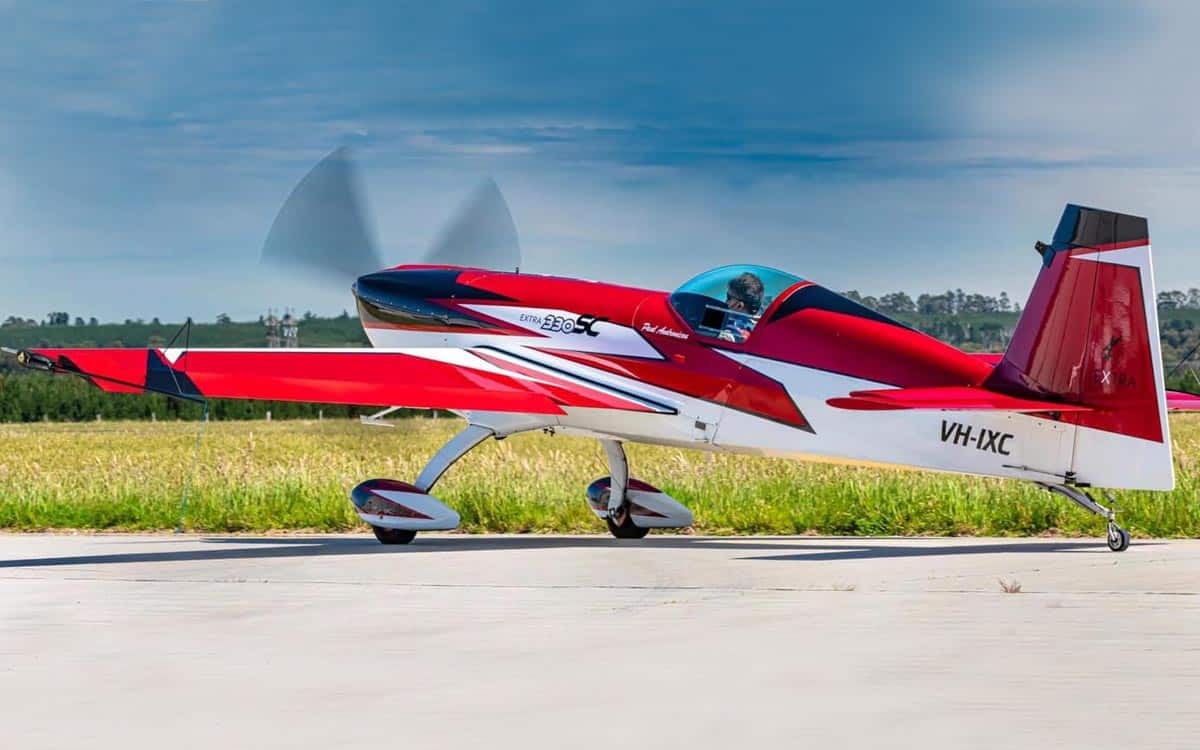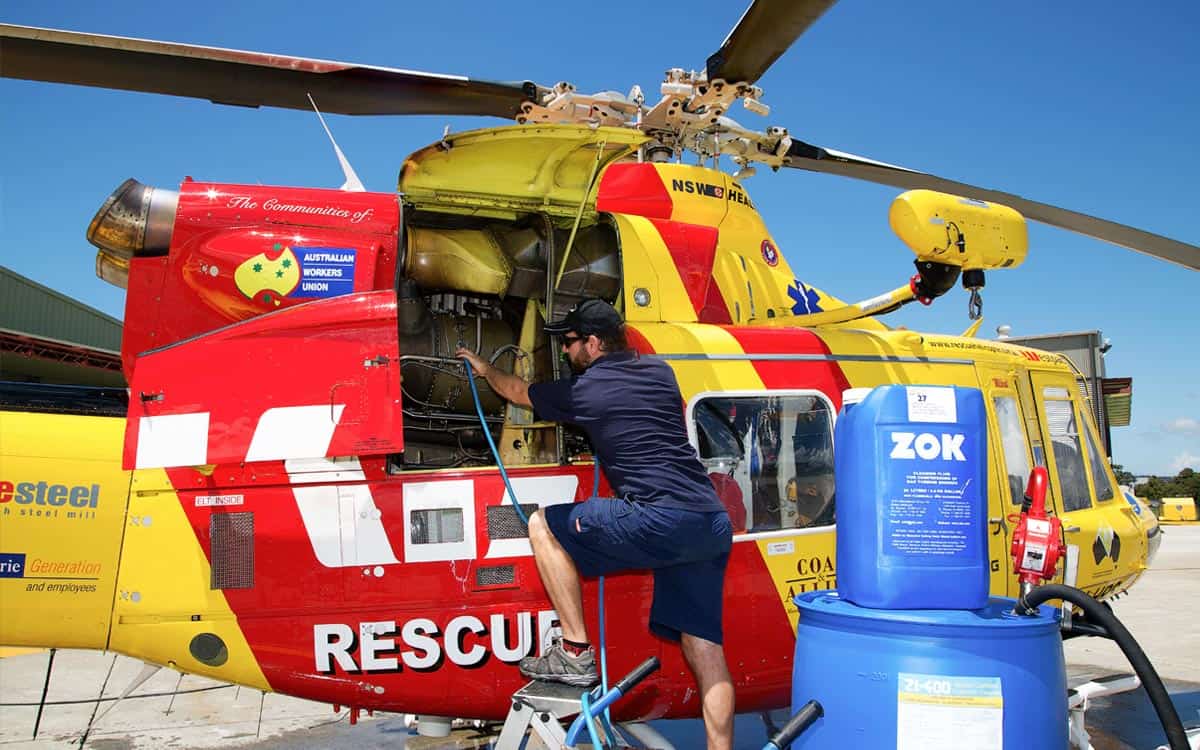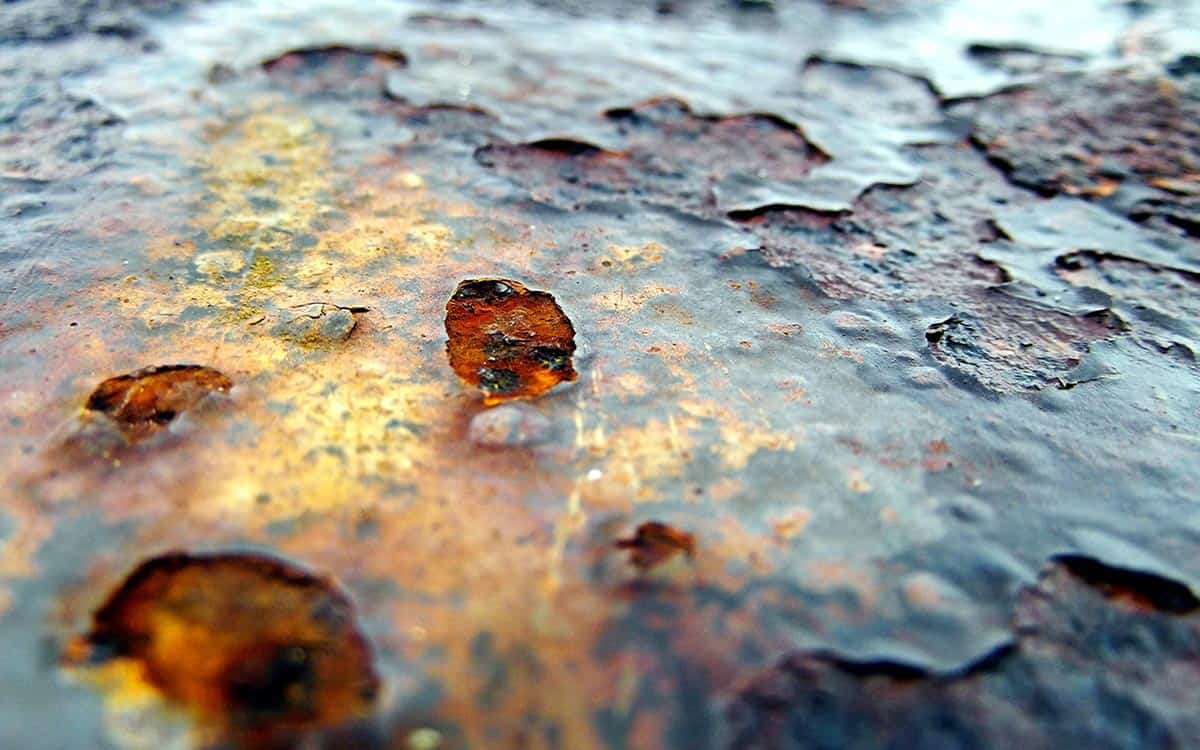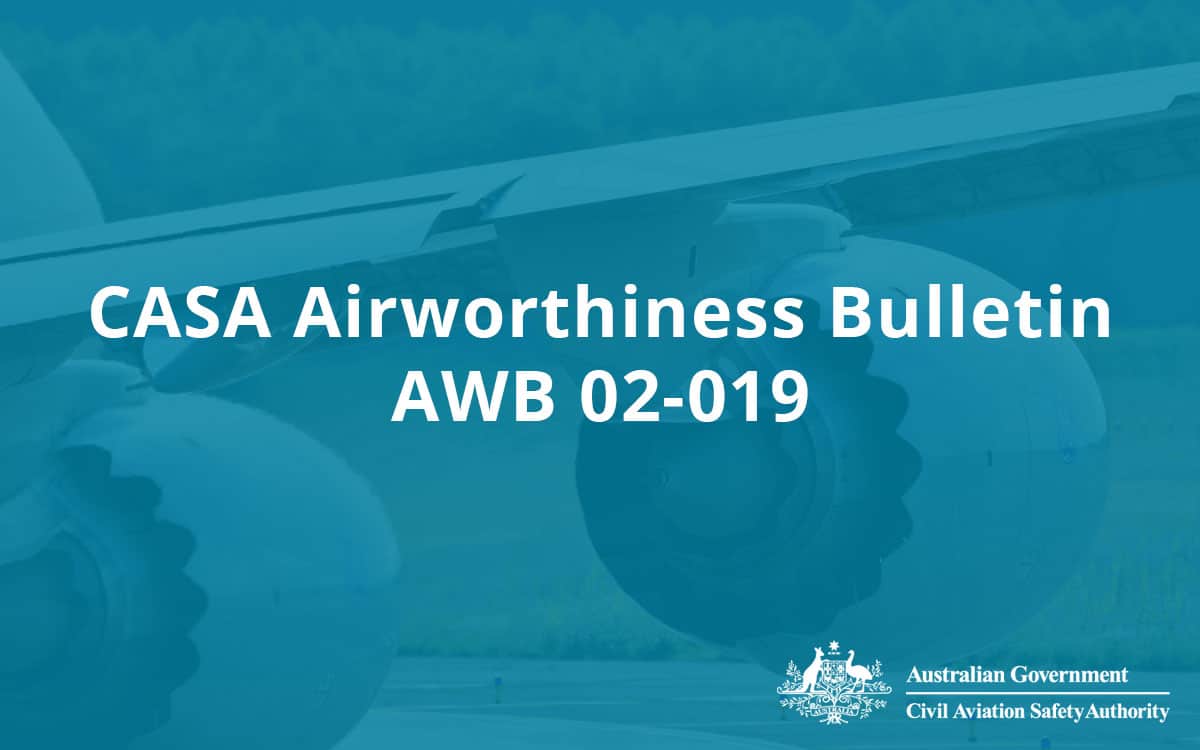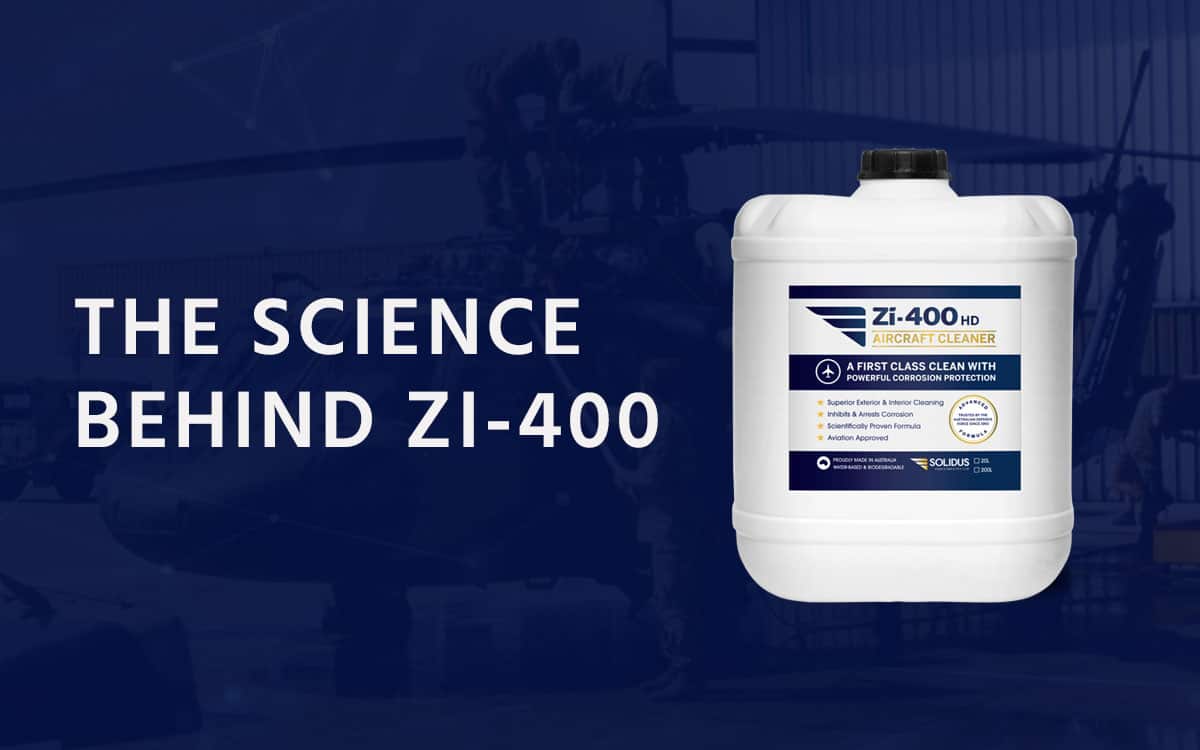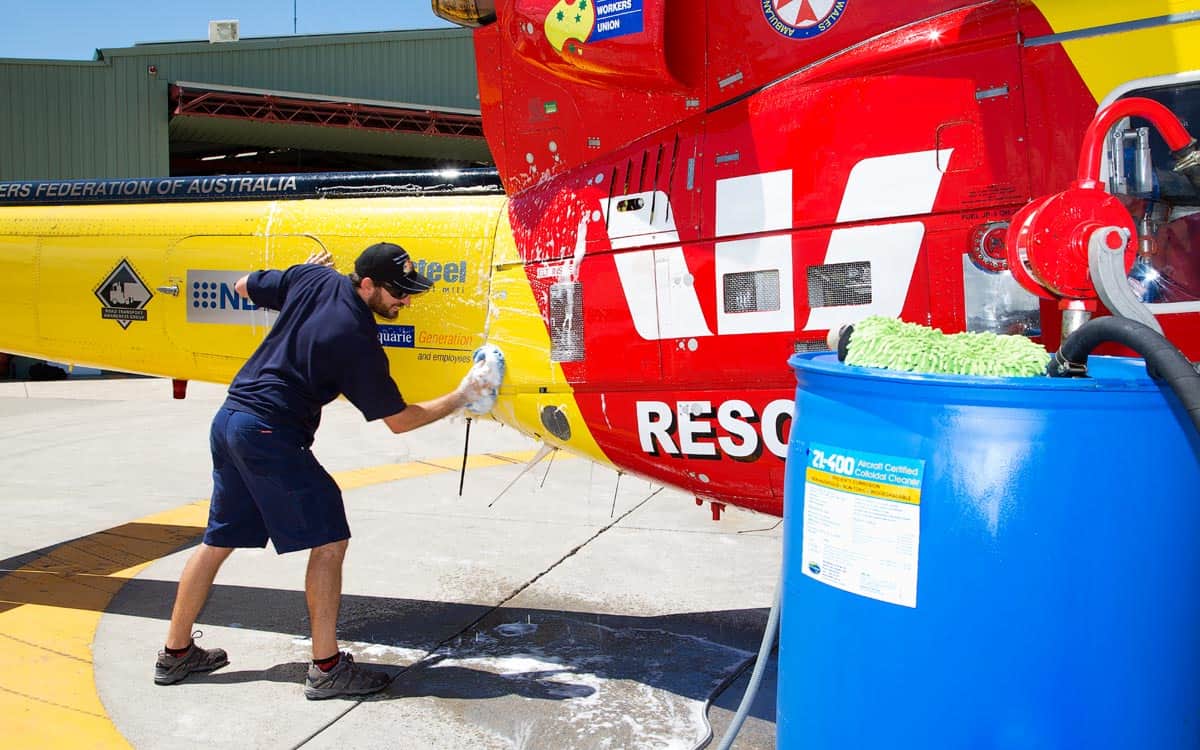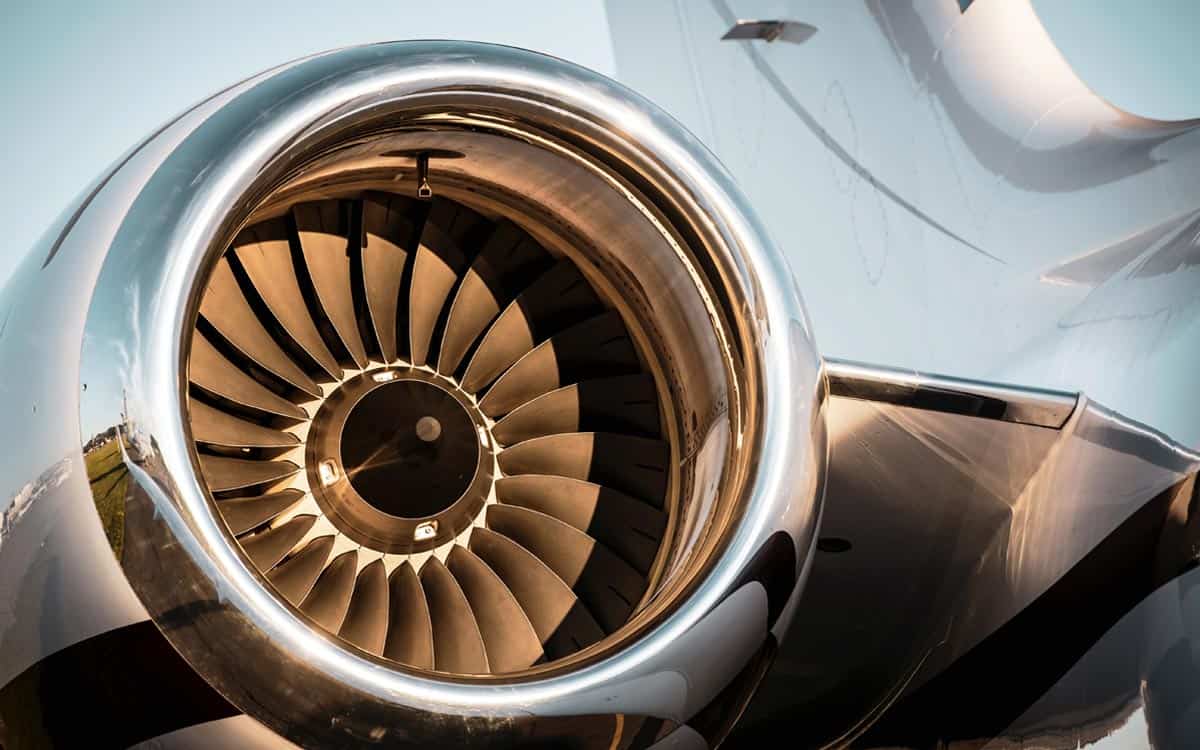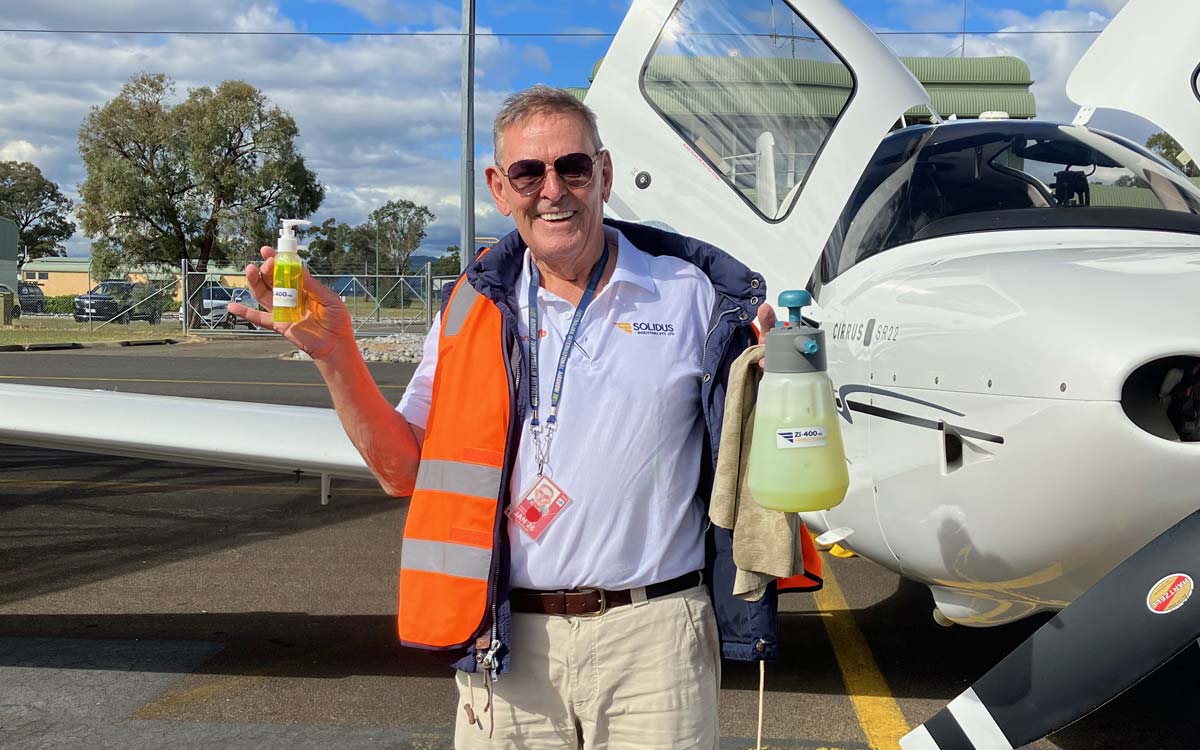What can be done to reduce this alarming figure? What sort of things need to be looked at? Does aircraft washing and corrosion have anything in common?
Generally speaking, if using the right products, equipment and techniques, washing an aircraft has an inverse relationship with airframe corrosion. Frequent, correct washing of aircraft will reduce corrosion significantly.
What are “right products”? Truck wash is good for washing aircraft, right?
Wrong. Truck wash is typically high in caustic soda. Caustic soda, or sodium hydroxide, to use it’s proper name is an extremely corrosive product, especially to aluminium. Not only will it damage aluminium, it is also damaging to paint and fibreglass resins. Household cleaners are no better either. Many dishwashing liquids contain high levels of common salt which again is very corrosive. Other household cleaning products may contain bleaches and oxidising agents which also attack aluminium, fibreglass resin, paint and other aircraft substrates. There are many recorded instances of damage to aircraft being caused by using incorrect cleaning products. In some instances it has resulting in the grounding of aircraft and large repair bills to remedy the damaged caused.
The only products that can safely be used on aircraft are ones that have been tested and conform to aircraft standards. Product data will show if it has been tested and conforms to aircraft specs. The basic standards that need to be met are: Boeing BSS7432 and BSS7434 as well as AMS 1526C & AMS 1550B. The reason that Boeing and AMS have two specifications is that one is interior and one is exterior. If a product does not conform to these specifications as a minimum it must never be used on an aircraft. Even the regulator (CASA) has acknowledged that there are issues with using non-certified cleaning products as AWB 02-019 states:
“The use of non-approved cleaning agents should cease. These agents can damage seals, rubber components and surfaces, leading to corrosion and possible component failures.”
Another myth that needs to be dispelled is that of pH. Despite what is often claimed, products with an alkaline pH (greater than 7) are not necessarily corrosive. Equally, products with pH close to 7 (neutral) may be highly corrosive. Always ask whether a product has been tested for it’s effects on corrosion.
Whilst much of our attention is generally focused on the products with which aircraft are washed, the quality of the water used often slips under the radar. just because tap water is deemed suitable for drinking, it doesn’t mean that it is fit for aircraft washing. Surprisingly, rain water is not good for washing or rinsing aircraft. It is too pure. Some minerals in the water are desirable to assist in corrosion protection .
Military manuals specify how much mineral content should be in water. Typically, calcium hardness and total alkalinity need to be significantly present in the water used. The science here is exact but perhaps the risks of using ‘generic’ products and standard tap water to wash is not well enough understood. A quick phone call to a specialist qualified to give the proper advice will most certainly be time well spent.
Written by Charles Cheesman – Solidus Industries Technical Director. First published 21st October 2014. Updated October 2023.

